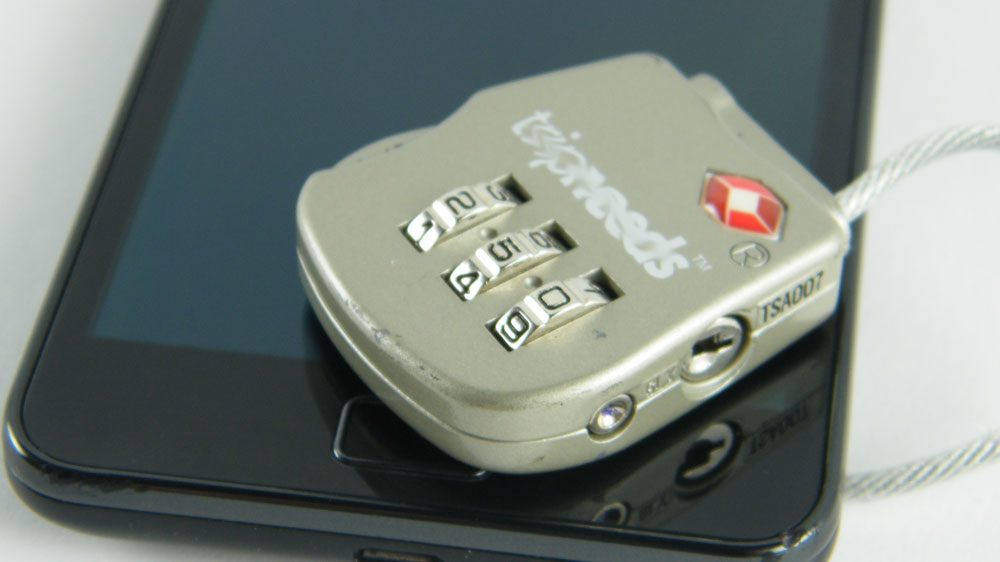Want to unlock your phone? Starting today, just ask your carrier
AT&T, Verizon, Sprint, T-Mobile and US Cellular all 'agree'

Update: The agreement between US carriers and the FCC went into effect today, making it easier than ever to unlock your phone.
Here's how easy it is: US carriers are now legally required to provide unlocking services.
There are some exceptions, which the FCC expands on in an unlocking FAQ, but for the most part life just got easier for those who don't want to have to buy a new phone every time they jump carriers.
Each carrier has different rules and requirements, as well, so check with yours to know exactly what's possible.
Via Phandroid
Original story follows…
You may not get the runaround the next time you try to unlock your cell phone in order to use it with another carrier, and it's all thanks to a new agreement between the FCC and carriers.
Sign up for breaking news, reviews, opinion, top tech deals, and more.
AT&T, Verizon, Sprint, T-Mobile, and US Cellular have committed to "voluntarily" allowing consumers to unlock their phones and tablets.
Under today's agreement, carriers will have to clearly explain their unlocking policies from the beginning and then notify customers of their unlocking eligibility in the future.
For most subsidized phones, this will likely come within two years time. For prepaid customers, however, the agreement stipulates that they're eligible one year after buying the phone.
Carriers will be required to unlock phones within two business days. Military personnel about to be deployed have the ability to unlock their phones right away.
Volunteer after warnings
The practice of unlocking a handset tied to a specific cell phone network was made illegal earlier this year due to the Library of Congress' review of the Digital Millennium Copyright Act.
Both the White House and FCC decried this measure, which was taken on by online petitioners who were outraged by the new ruling.
Carriers may be voluntarily agreeing to this new policy, but it's at the behest of new FCC Chair Tom Wheeler, who threatened to enact mandatory regulations if they failed to act, according to The Hill.
Customers still have to pay for their device in full or wait out their contract period and make sure it's compatible with another network. But it's a step in the right direction for these would-be criminals.
